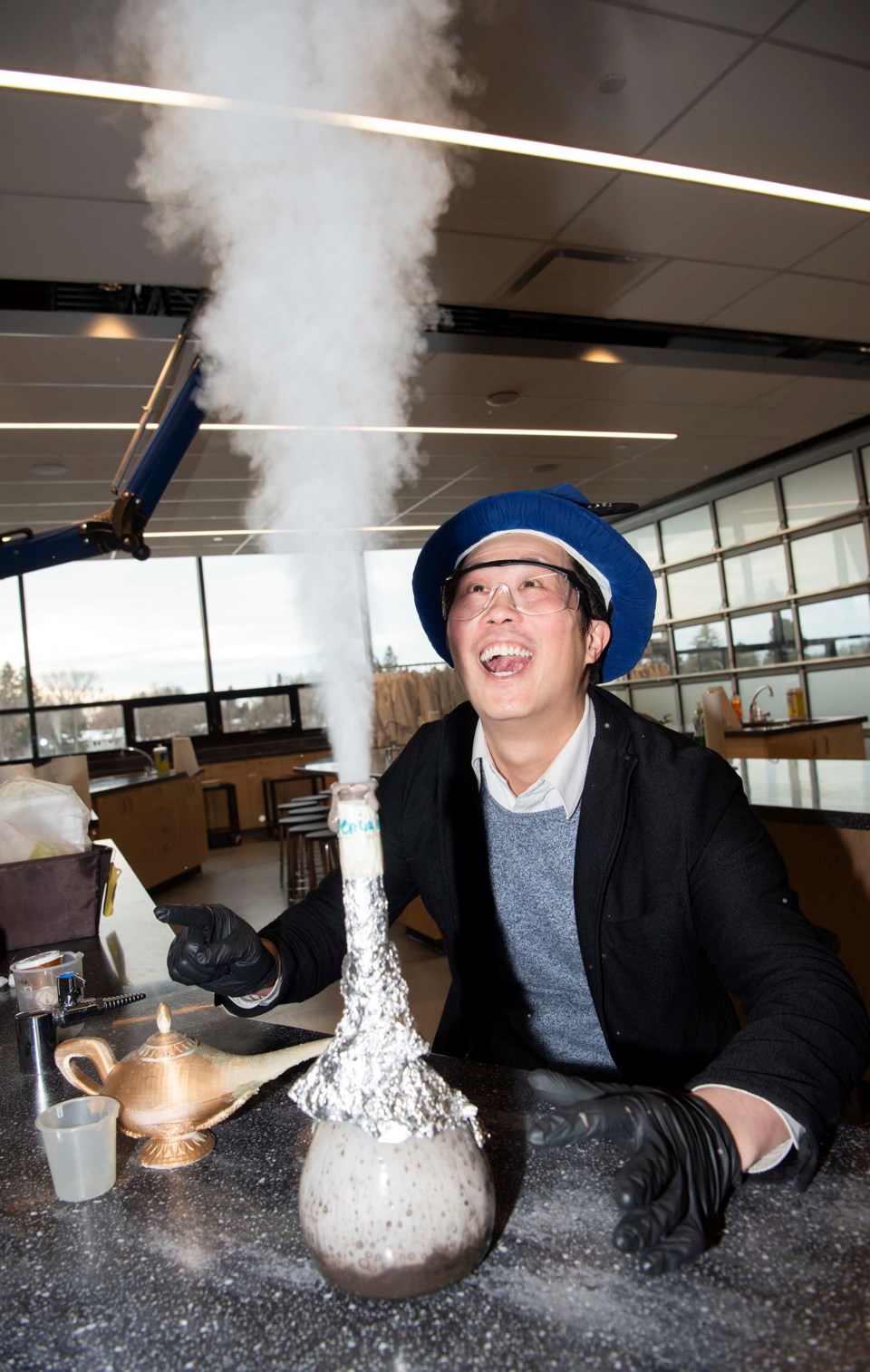St. Albert teachers will be in Edmonton next week to show their peers how to bring wizardry and 2SLGBTQ+ history into their classrooms.
About 6,300 teachers will be in Edmonton this Feb. 6 and 7 for the 2025 North Central Teachers’ Convention Association (NCTCA) convention. Their students will have those days off.
The convention will give teachers from St. Albert, Sturgeon County, and other regions bordering Edmonton a chance to hear about the latest in educational research.
“This is a chance for teachers to choose their own professional development,” said NCTCA president and Sister Alphonse Academy teacher Carryl Bennett.
Bennett said this year’s conference features a stacked lineup of celebrity speakers ready to inspire instructors, including Humbolt Broncos crash survivor Tyler Smith and Canadian Space Agency astronaut Joshua Kutryk. It also has many sessions on Indigenous history and culture; the ribbon skirt workshop should be packed, she predicted.
Bennett said a big focus of this year’s conference was helping teachers teach the province’s new K-6 curriculum, especially math, which has undergone drastic changes.
“Some of the [math concepts] have been moved from Grade 6 to Grade 3,” she said, while some of the Grade 3 material has been moved back to Grade 1.
“To get kids up to the level they’re expected when they haven’t had that background teaching the year before is definitely an uphill battle.”
St. Albert sessions
Paul Kane chemistry teacher Michael Ng will run two sessions at the conference. The first is his popular science magic show, where he will show teachers how to (metaphorically) summon genies from bottles and turn water into wine (then milk, then Pepto Bismol) using chemistry — demonstrations they can use to inspire curiosity in their students.
“Science students want to be motivated,” he said of these science tricks.
“They want to know the reason why they see things in their daily lives.”
Ng will also host a new session on how to bring Indigenous knowledge into the chemistry curriculum.
Magic tricks might get students’ attention, but what students really want is to see how science relates to their everyday life, Ng explained. First Nations, Inuit, and Métis culture offers may ways to do this. The First Nations concept of the Three Sisters garden (where peas, corn, and squash are planted together in the same plot) can teach students about mutualistic relationships and nutrition, for example. Teachers can talk about how the same chemicals in Aspirin are found in traditional medicines such as willow bark, and how global heating threatens transportation, hunting, and fishing in Inuit communities.
W.D. Cuts principal Cory Albrecht will co-host a session on St. Albert Public’s new 2SLGBTQIA+ Perspectives course, which is now entering its second year of operation.
He will also be part of a session on how several recent passed provincial laws (specifically Bills 26, 27, and 29) will affect transgender students and adults when they roll out in schools this fall.
Once proclaimed, these bills will restrict many students’ access to gender reassignment surgeries and hormone therapies, require teachers to inform parents when a student asks to change their names or pronouns, and create “biological female-only” divisions for sports — changes critics such as St. Albert Sen. Kristopher Wells have said will threaten the lives of trans students.
Albrecht said this session will discuss how teachers can help keep trans students safe once these laws come into effect.
“We’ll continue to do what’s best for students in our schools.”
Visit mynctca.com for convention details.




